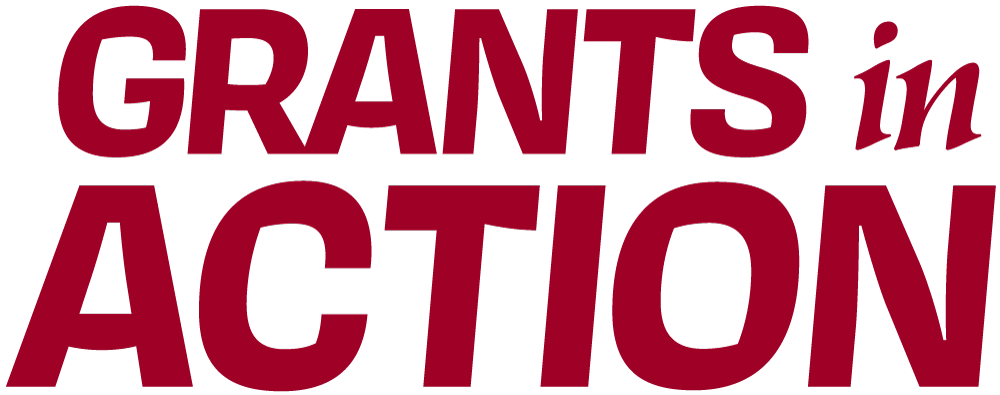Leah Bendavid Receives NSF-funded ACCESS Accelerate Supercomputing Time

Leah Isseroff Bendavid, Assistant Professor of Chemistry, was awarded an ACCESS Accelerate Allocation for her project “Boronic acid adsorption on hydrated TiO2 rutile (110): A DFT+U study”. Leah’s award was 1,500,000 ACCESS credits, which can be exchanged for core-hours of computational time or storage resources. Leah and her collaborators are investigating the potential application of boronic acids as anchoring groups in dye-sensitized solar cells, focusing on the evaluation of adsorption strengths on the TiO2 rutile (110) surface. Several boronic acids are considered, including pure boric acid, methylboronic acid, phenylboronic acid, and 2-, 3-, and 4-fluorophenylboronic acid, to identify the capacity of the functional group to strengthen adsorption. A physically meaningful model of the surface is constructed by partially hydrating the surface, to examine the role of these surface hydroxyl groups in facilitating or inhibiting the adsorption of the boronic acids. A number of molecular and dissociative adsorption structures are considered to sample the different modes of adsorption. The investigation is entirely computational, using density functional theory, and the scope of the calculations proposed is only possible through ACCESS—an advanced computing and data resource supported by the National Science Foundation—through which resources for this project have been provided by the Pittsburgh Supercomputing Center.
